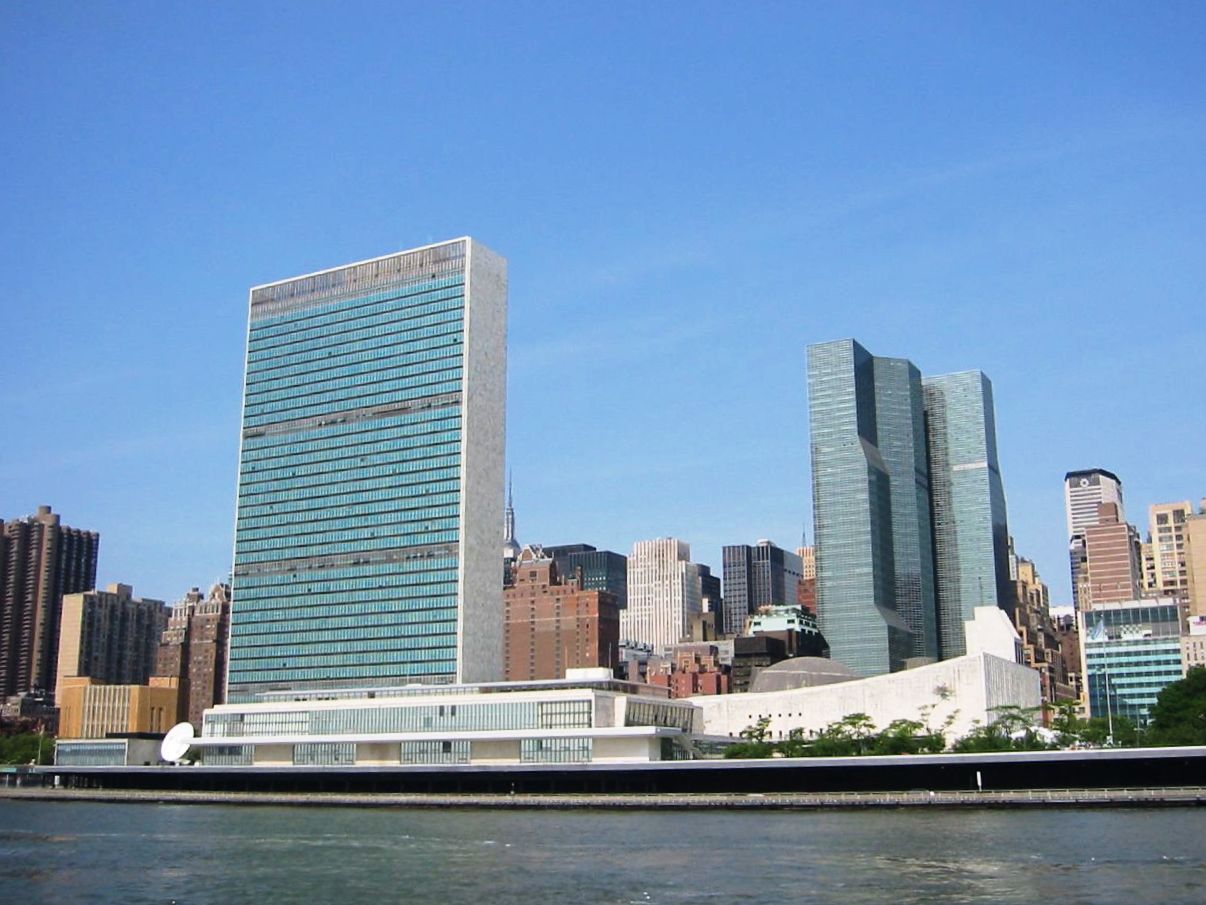In drawing the most relevant lessons for implementing the 2030 Agenda for Sustainable Development, the World Economic and Social Survey 2017 systematically reviews the seven decades of development discussions contained in the publication ? the oldest continuous publication of its kind.
theme: Development Research
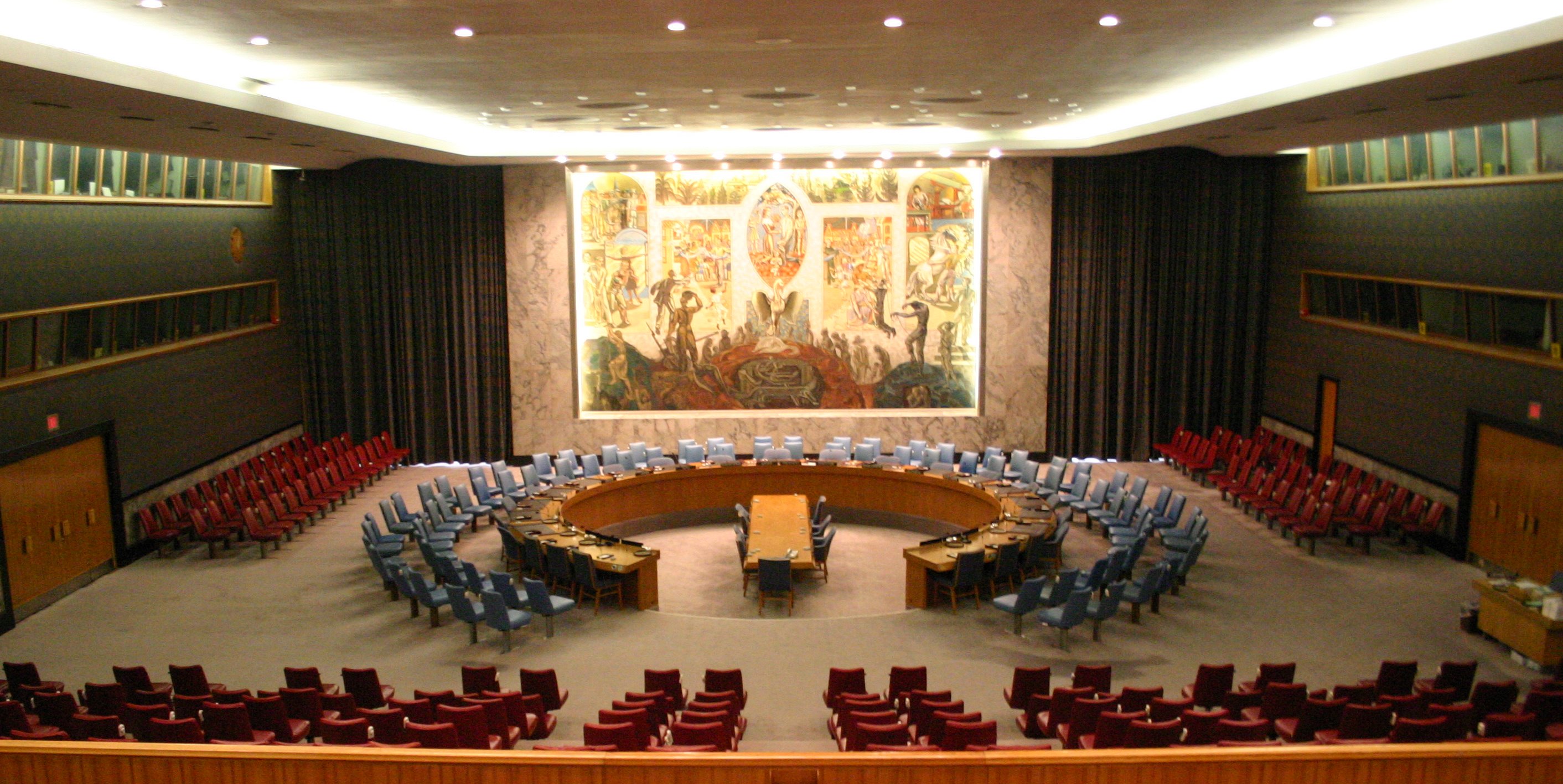
Since 1947 the World Economic and Social Survey has promoted a broader understanding of development, emphasizing the importance of advancing the structural transformation of the economy, progress in social development and environmental sustainability

Trade, investment and technology decisions at firm level interact with each other and affects aggregate productivity growth. This also illustrates the self-propagating forces of the current situation of the world economy.
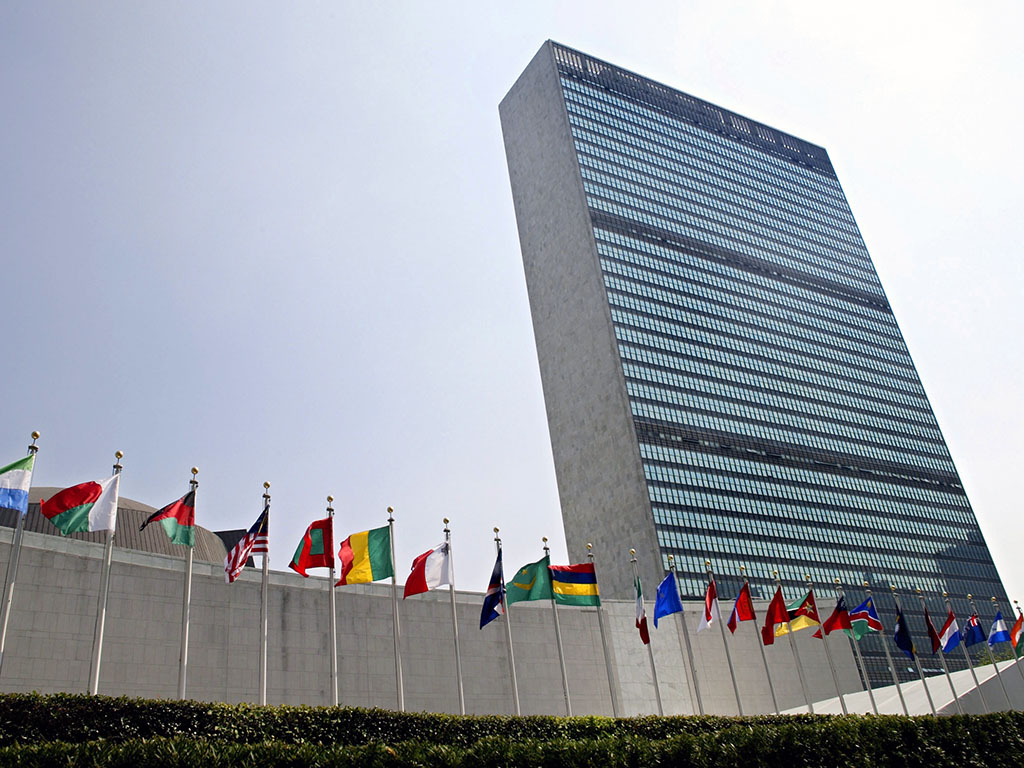
A review of recent trends suggests the need for a renewed commitment and enhanced efforts by the international community to support financing for sustainable development. It also points out at potential risks of debt sustainability for a few developed and some emerging economies.

Summary: Developed countries? economic performance since the global financial crisis has been disappointing, with subdued growth,
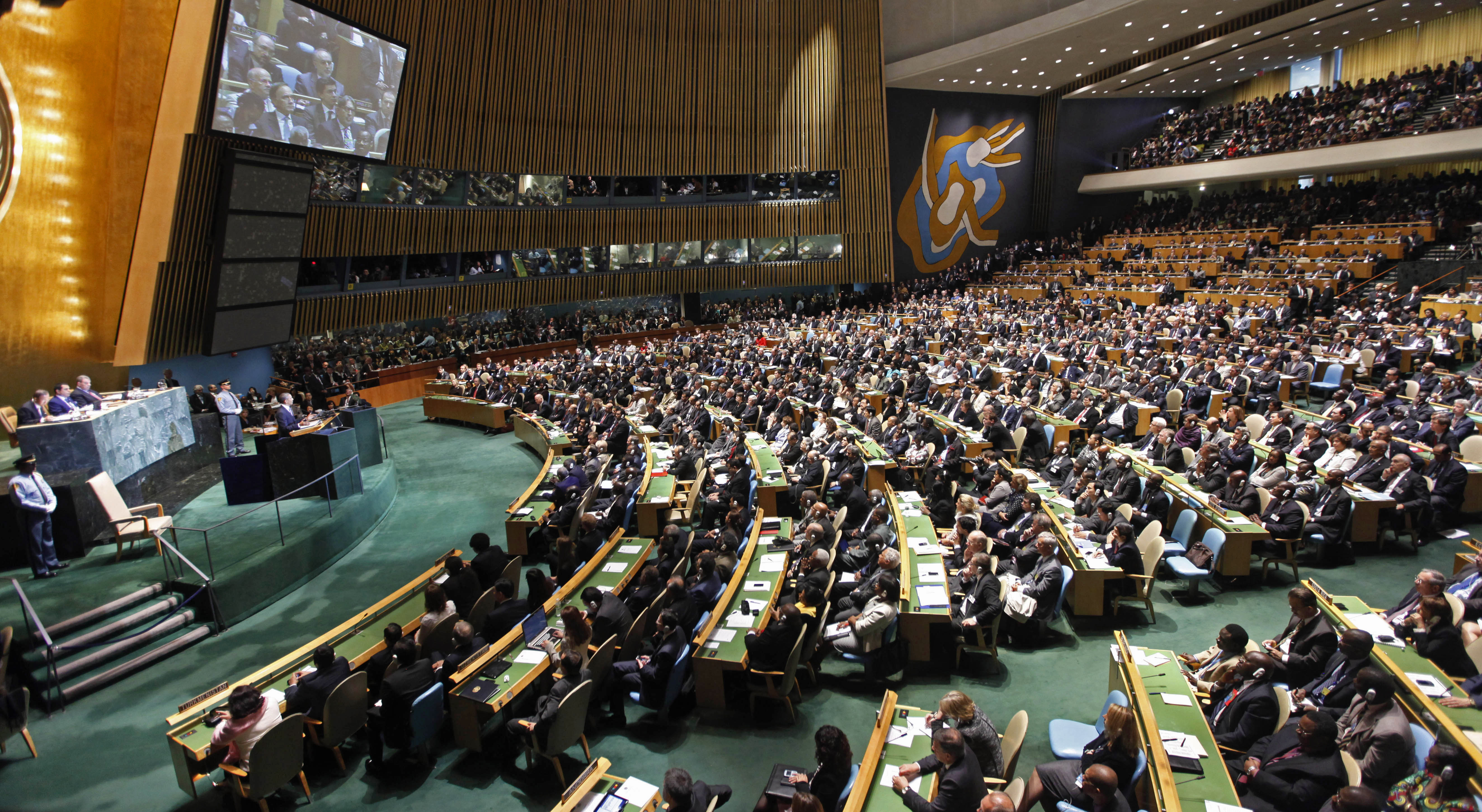
Summary: As indicated in the 2030 Agenda for Sustainable Development, sustained economic growth will continue to be an important

The global economy remains trapped in prolonged episode of slow growth, of which weak international trade is both a cause and a symptom. While developing countries have become more integrated and benefitted from international trade in recent years, this has also made them more vulnerable to a slowdown in global trade. Ensuring an enabling global environment for trade is thus critical for progress towards the Sustainable Development Goals, in particular given the risks associated with protectionism and inward-looking policies, which is on the rise in many countries.
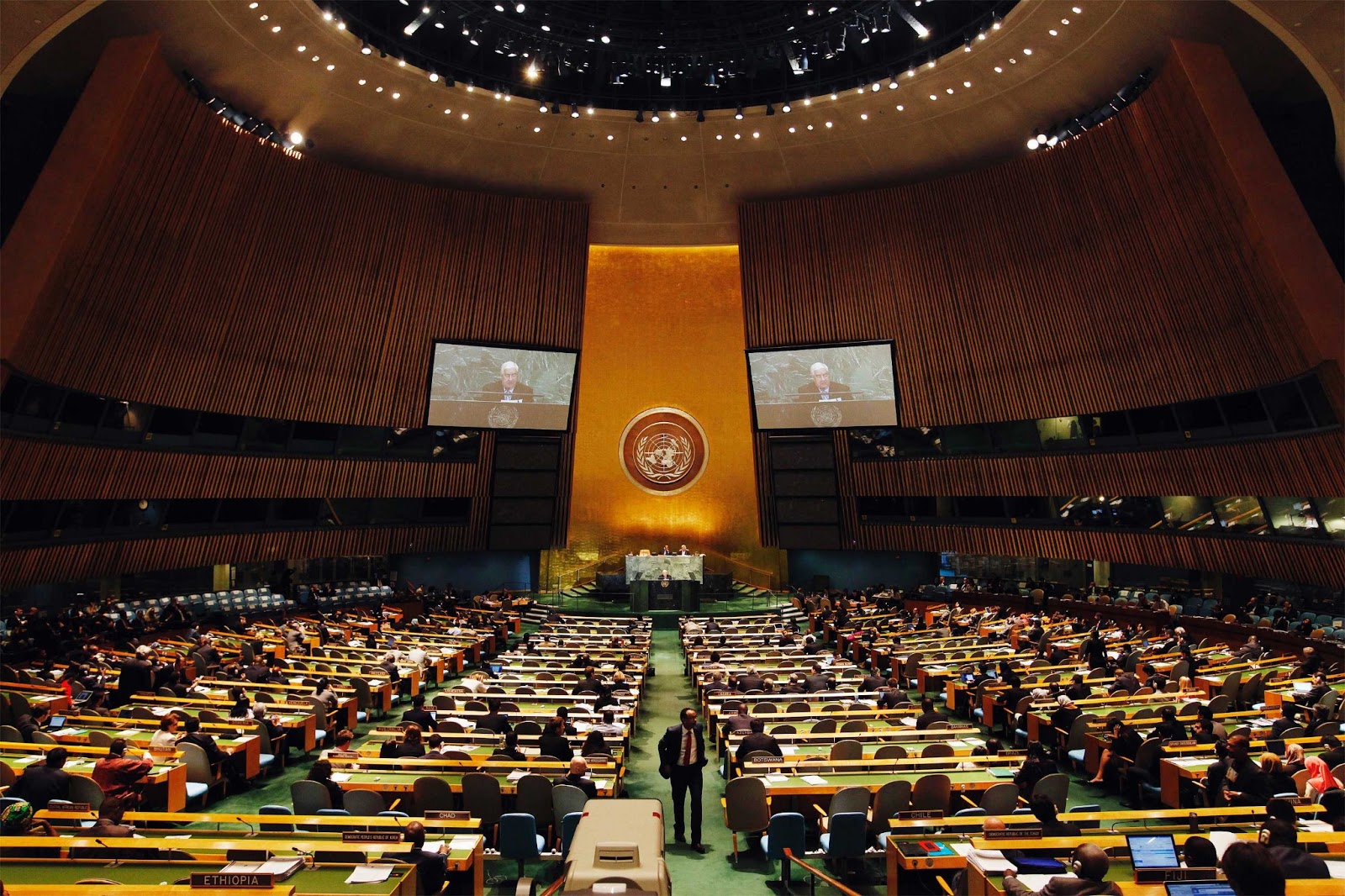
Income convergence between developed and developing countries in recent years is mainly the result of rapid economic growth in Asia. The distance between average per capita income in other developing regions and that in developed countries has not ch

On the 13th and 14th of October 2016, the Development Strategy and Policy Analysis (DSP) Unit will hold the First E
 Welcome to the United Nations
Welcome to the United Nations
